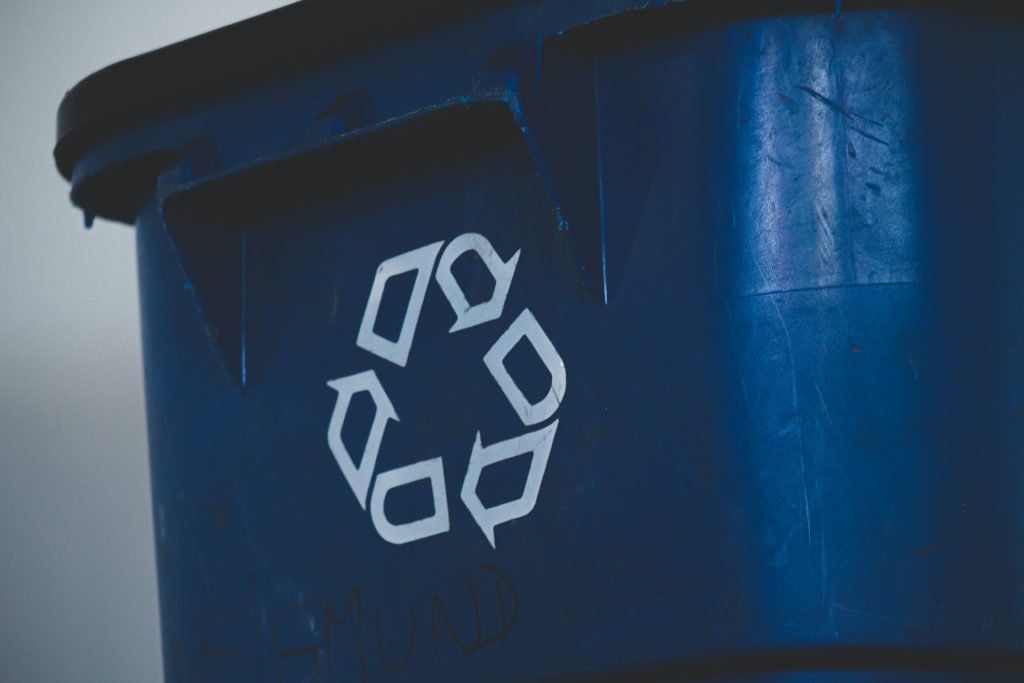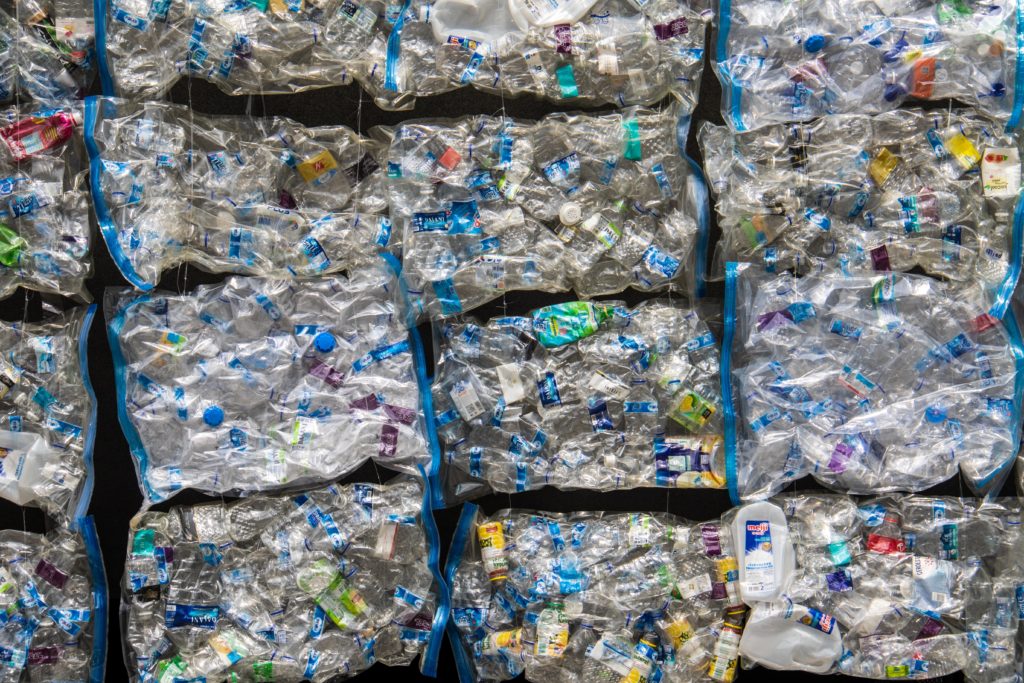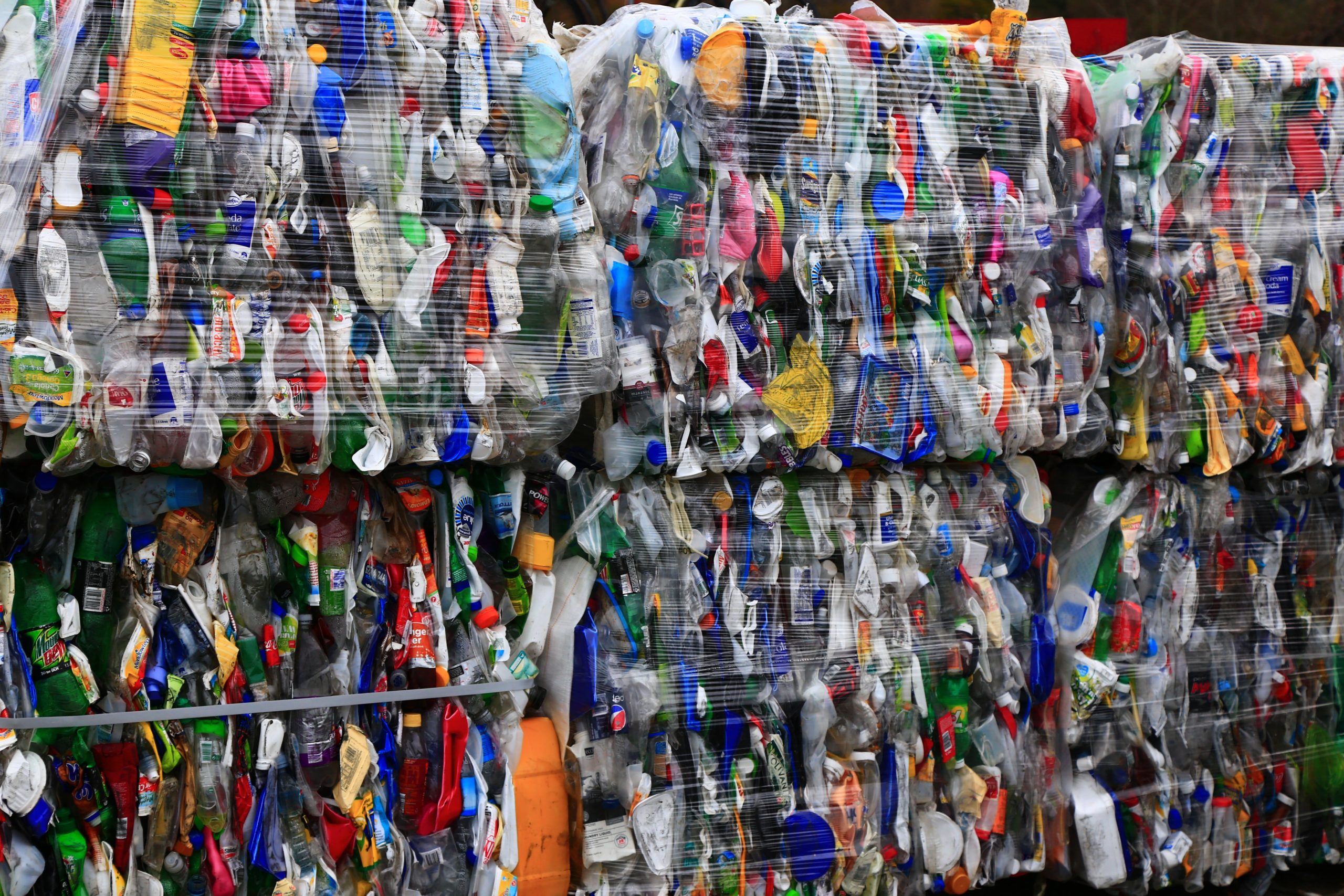5 Mins Read
Behind promises of net-zero emissions by 2050, the U.K. and some of its European brethren are working tirelessly. Not to reach targets more quickly, but to slippery shoulder the responsibility of proper waste management. Poorer, less regulated countries are being targeted in mass export drives in what is being referred to as ‘waste colonialism’.
The weapons change but the language of war stays the same: invade, dominate, and exploit another country for your own gain. In the days of the British Empire, such trespassing would lead to land and wealth acquisition, as well as status. Today, invasion leads to green points, impressive recycling statistics, and some of the most cunning greenwashing ever to be initiated.

The crux of the matter
The U.K., Germany, France, and other European nations frequently transport their mixed plastic waste to poorer countries with lax recycling legislation. This type of waste is considered to be amongst the ‘dirtiest’ due to constant contamination from general household garbage and non-recyclable materials. Hard to process and expensive too, some countries, including China, have already made the move to ban mixed plastic imports. Vietnam has announced a ban, which takes effect in 2025. This will inevitably impact other countries worldwide.
Environmentally concerning, the practice of exporting waste brings with it ethical considerations too. “When you continue to consume more plastic there are only two ways to tackle the waste,” Sedat Gündoğdu, a plastics pollution researcher told The Guardian. “One is incineration, the second is dumping. If you don’t have dumping in your country then you should incinerate. But this has a carbon footprint, and many countries trying to cut carbon emissions don’t want to incinerate their own waste. Some of the top waste producers in Europe, like the UK, France and Germany have to find ways to deal with this issue. And the way they’ve found is exporting to poorer countries without effective waste management systems or environmental legislation and regulations. This is waste colonialism.”
The correlation between the world’s ‘best’ recyclers and the biggest plastic waste exporters reveals the scale of the problem. The U.K. remains a poster child for recycling yet exports 61 percent of its plastic waste. Germany was crowned the world’s best recycling nation, narrowly beating Austria, South Korea, and Wales to the prize. It also exports around one million tonnes of mixed plastic waste every year. With a value of around €254 million, it beats out every other E.U. nation. It is estimated that only a third of all waste collected is recycled or incinerated domestically.
What does exported waste mean in practical terms? It gives the country expelling it a clean slate and the nation receiving it, a bigger carbon footprint. One retains impressive environmental credentials while the other has no hope of reaching net-zero emissions. Exporting countries give little thought to those working within the waste sector in the countries they bestow with their garbage, or the opinions of the wider population. These issues form the basis for waste colonialism.

Fighting back
Waste management is a profitable industry, which is why some countries remain engaged in finding a way to make it work. Turkey and Vietnam have become popular export destinations since China started refusing and returning mixed plastic waste in 2018. Both countries have reported enormous increases in the amount of material being sent to them. Turkey tried to implement a ban on imports after global waste was found littering its streets, but it was short-lived. The Turkish industry alone employs more than 300,000 people, but the general population has expressed a desire to no longer be the world’s “garbage bin”. So, what can be done?
Effectively sorting and processing recyclable plastic waste poses little problem. This can and should be dealt with domestically by individual countries. It’s the contaminated waste that poses a problem. By shipping it elsewhere, privileged countries continue to brag about their green credentials that are built on misdirection. Responsibility for the emissions caused by burning or allowing non-recyclable waste to aerobically break down should lie firmly with the country of origin. Transparent exporting policies are also needed because it’s the subterfuge and bullying that leaves a bad taste. Germany has been particularly aggressive in its dealings with Turkey.
In 2020, Germany sent 141 containers of mixed plastic waste to Turkey, just as a ban on imports was being brought into effect. The containers became the focal point for contentious arguments between environmentalists, traders, and government officials. Eventually, the containers were refused, leaving them sitting in ports. Unfortunately, the contents had been disturbed, leading to fermentation and break down beginning. What started as a number of containers of mixed plastic soon became a breeding ground for pests.
The saga dragged out over a year, with tests proving that hazardous waste was being carried, not simply recyclable materials. Turkey demanded the containers return to Germany but the request was denied with German authorities claiming that “too much time had passed”. A number of containers were sent to Vietnam in what is being viewed as a ‘test’, to see if they were accepted. More went to Greece, with activists suspecting they would be forwarded to Vietnam as well. The containers were identified, cordoned off, and remain in the Greek port to this day. Why? Because Germany will not take responsibility for the contents. And why should it? It is the world’s best recycler. It has done its part. It certainly wouldn’t consider itself a perpetrator of waste colonialism.
Using country size, GDP or global relevance to leverage favourable results at the detriment of another nation is exploitation. When strong western powers do it to demonstrably less wealthy nations, to maintain good public face particularly, it’s colonialism. This type of demeaning greenwashing has no place in a healthy or progressive world. But then again, nor does non-recyclable plastic, so there is much to be done.
All pictures courtesy of Unsplash.




